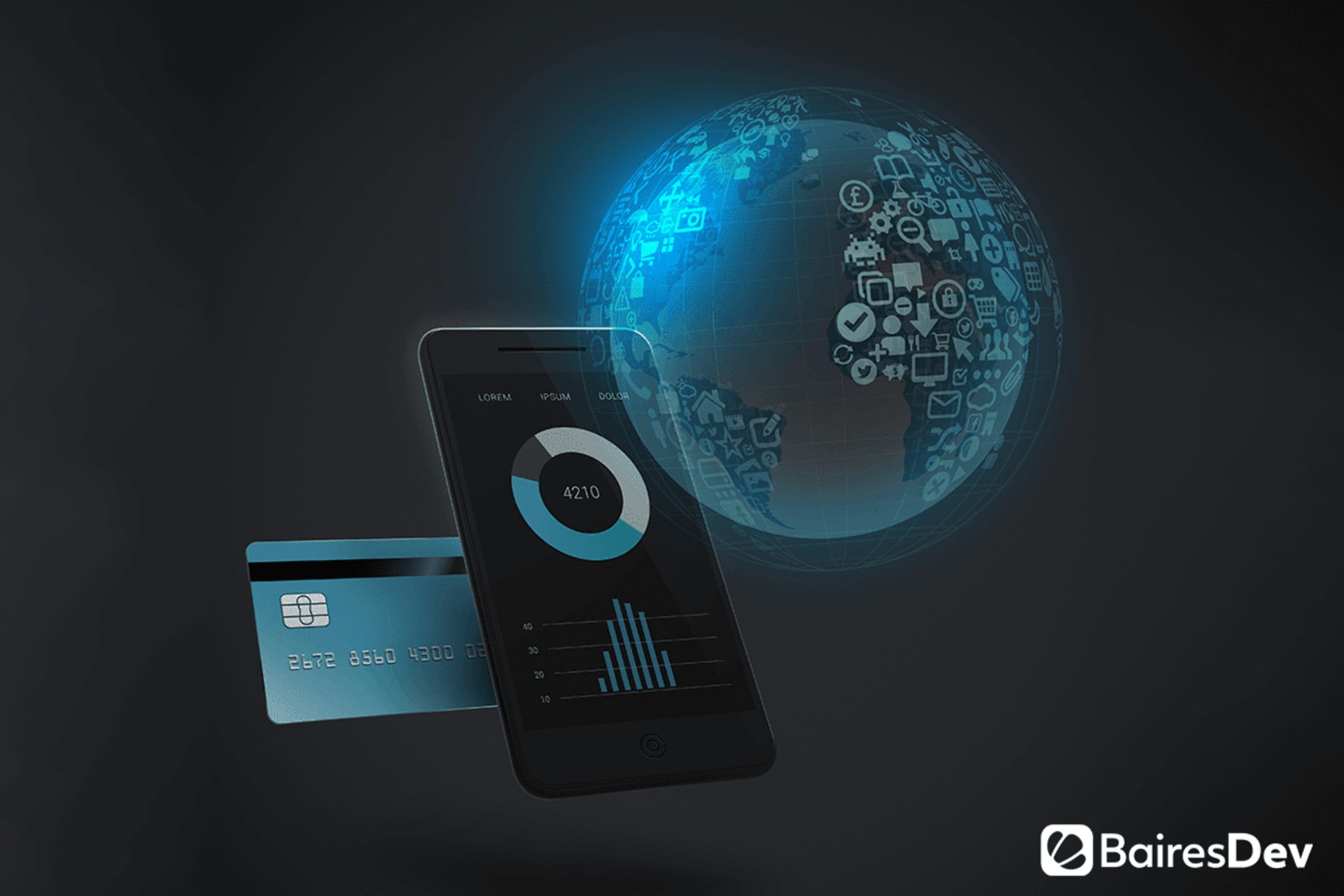You’re probably already familiar with the variety of services Google provides. In addition to its ubiquitous search engine, the Mountain View giant offers a browser, web-based email, a news aggregator, a calendar, a contact manager, document development applications, digital photo storage, a website for accessing videos, an operating system, smartphones, laptops, smart home devices, internet services, and many more.
So, it’s not entirely surprising that the tech giant plans to offer financial services as well. Google has plans to partner with Citigroup Inc. to offer checking accounts to consumers. Additionally, Apple has a credit card and Facebook has released a payment app called Facebook Pay and is going forward with its own cryptocurrency, Libra. Amazon is exploring the possibility of offering checking accounts in the future.
All-online banks are already challenging traditional banks with easy online accounts and 24/7 support. The new tech company services can take those improvements a step further by integrating consumer banking with other services they offer. But are these benefits consumers really want? And do the benefits outweigh the problems that many foresee? Here we explore the pros and cons of Big Tech’s move into the world of finance.
Pro: Convenience
Uber is a good example of how tech companies plan to make consumers’ lives easier by adding financial services to their platforms. The famous app-based ride-hailing service has expanded into food delivery and recommendations, vehicle tracking, and alternative transportation. With the addition of banking, users would enjoy a more customized experience and access numerous lifestyle services from one “super-app.”
The following Wall Street Journal video describes this phenomenon as well as some of the other concepts described in this post:
Asian tech companies have already rolled out many similar services. For example, ride hailing company Grab has launched numerous financial services, including online payments, point-of-sale integration, credit services, and insurance. Grab, in partnership with Mastercard, has also introduced a credit card in both physical and digital versions. The cards are numberless to increase security for customers.
Pro: Partnerships
To offer the best of both worlds, Big Tech companies are partnering with financial giants. As mentioned above, Google will offer its bank accounts in collaboration with Citibank. A California-based credit union will also be involved in this offering. Apple’s credit card was developed in partnership with Goldman Sachs. And Amazon is reportedly exploring the possibility of partnering with J.P. Morgan if it decides to offer checking accounts in the future.
While these partnerships are being forged in part to help tech companies avoid the headaches of becoming actual banks, they also benefit users because the finance companies already know how to effectively deliver these services. When consumers see recognizable bank names associated with technology firms, they may be more likely to trust their finances to those firms.
Pro: Financial Inclusion
Adults without bank accounts are known as “unbanked” individuals. Reasons for being unbanked include a lack of convenient banking locations nearby and wanting to avoid banking fees. Unbanked persons are at a disadvantage when it comes to the convenience a bank account can provide. For example, they may only be able to pay utility bills with cash.
According to the Milken Institute Review, digital accounts such as those offered by Big Tech may help the unbanked by:
- Making it unnecessary to visit a physical location to perform banking tasks
- Offering more affordable banking services
- Competing with traditional banks, making them more likely to offer appropriate services as well
As just one example, the article notes that the “Amazon Cash program allows consumers to shop on Amazon after depositing cash at partnering retailers and kiosks.”
Con: Lack of Regulation
CNBC quotes fintech consultancy research head Sarah Kocianski as stating, “The big tech firms will continue to add services that are peripheral to banking…without going full-stack banking. The headache of getting, and maintaining, a banking license would likely be considered too big a risk for these companies.”
Still, as technology companies skirt the edges of behaving like banks, regulators want to ensure they’re subject to the same rules as banks. In China, tech companies are required to link some internet bank accounts to traditional accounts and keep 100% of their float in reserve at the central bank. The EU has led a debate about competition policy including calls for antitrust enforcement.
Regulators in the US have been discussing the dangers of market concentration and the Federal Trade Commission held a series of hearings on the topic. Moreover, the 1956 Bank Holding Company Act prohibits the ownership of banks by commercial firms. In response, tech companies are likely to continue partnering with established banks.
Con: Potential Effect on the Economy
Another concern about Big Tech in finance is the effect this trend might have on the economy. An article published by The Guardian states, “As the big banks, big tech uses its lobbying muscle to try to avoid regulation. And like the banks, it tries to sell us on the idea that it deserves to play by different rules.”
The Financial Stability Board, an international regulatory group, has warned that tech companies’ financial activities present risks, including reducing the resilience of traditional financial institutions due to competition, the potential for failure of financial partners, and the consolidation of financial services in some locations.
Con: Use of Personal Data
Finally, one of the biggest concerns about Big Tech in finance is the potential for misuse of personal data. Because tech companies make their money from advertising and targeted advertising is based on personal information, these firms want to delve as deeply as possible into users’ personal lives. What better way to do so than to learn what consumers buy, where, and when they buy it, and how much they spend?
This concern could be a major barrier for tech companies as they try to move forward in this realm. The Milken Institute Review article states, “According to a survey by Morning Consult, 63 percent of adults in the U.S. say they are unwilling to accept ‘free’ services in return for their data being sold to advertisers. And as consumers learn more about how big tech uses their data, that percentage could grow.”
Big Tech in Finance: Good or Bad?
Like so many other aspects of technology, whether Big Tech in finance is ultimately good or bad depends largely on one’s perspective. The convenience, stable partnerships with established financial institutions and the possibility of financial inclusion are highly desirable benefits that could improve the lives of millions of people.
But the potential for these companies to dodge regulation, disrupt the economy, and misuse data are a source for grave concern. Only time will tell if the pros outweigh the cons.






